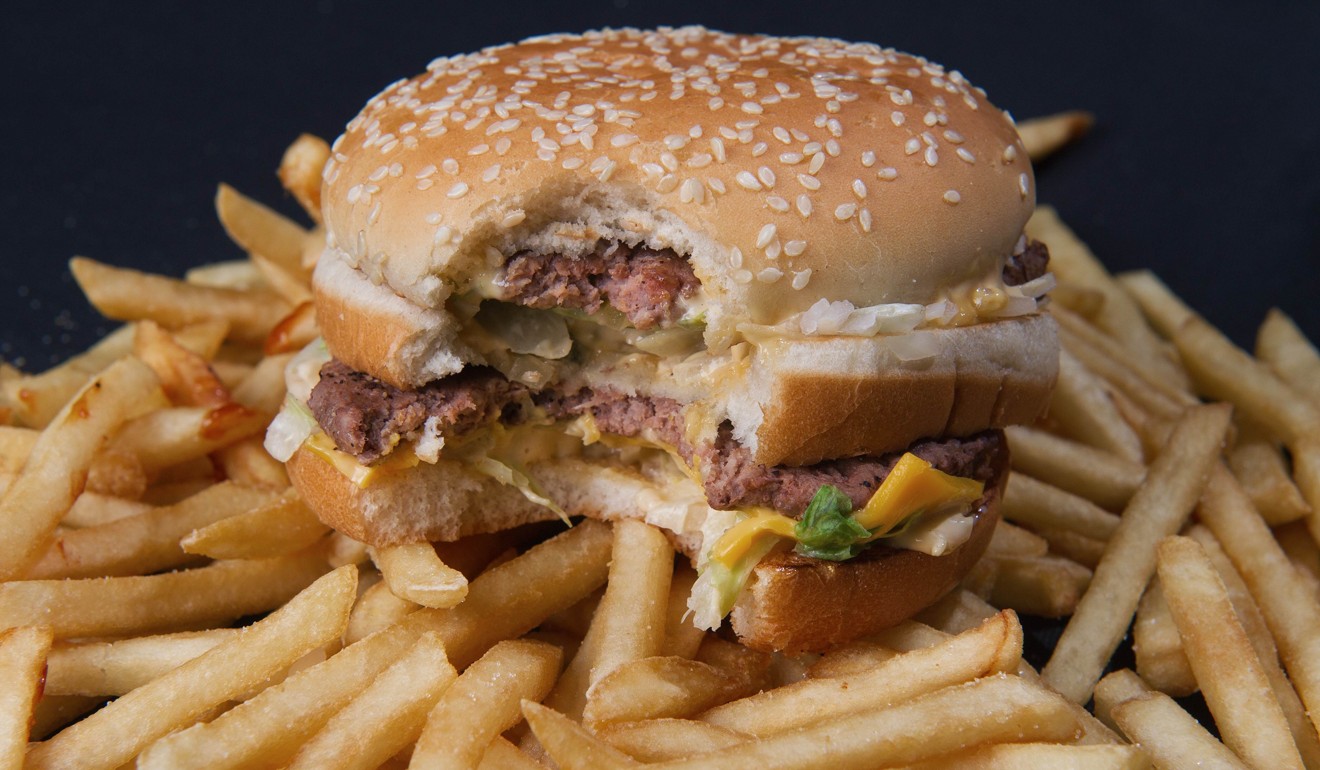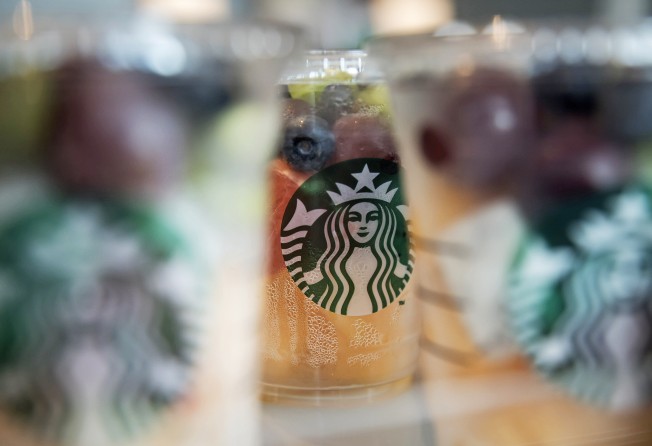
McDonald’s, Starbucks could take a hit in China as trade war fuels anti-US sentiment
US fast-food and coffee chains could see a slowdown in sales as China consumers turn to local brands amid a rising tide of nationalism, say analysts

A growing sense of anti-US sentiment among Chinese consumers, fuelled by the escalating trade war, threatens to harm American fast-food brands, which have already seen their sales slowing, say analysts.
China is a prime market for US empires like Starbucks, KFC and McDonald’s, while Burger King recently announced plans to expand its presence there.
“There is a huge risk in general for American brands, but especially for iconic ones like Starbucks,” said Shaun Rein, managing director at China Market Research Group. “With increased competition, combined with nationalism, and the trade war as a back drop, it is very possible Chinese consumers will boycott McDonald's and Starbucks and instead go to Chinese brands.”
KFC makes up China’s largest network of restaurants, with 8,200 outlets and is the largest fast-food brand. It had a 5.2 per cent share of the market, worth US$6.63 billion, last year. Illinois-founded McDonald’s was in second place with a 2.4 per cent market share worth US$3.14 billion, and Florida-based Burger King was fourth, with 0.6 per cent, according to market research provider Euromonitor International.

But sales have been slowing recently as more local chains have entered the market and rapidly gained a following.
In this year’s quarter ending June, Starbucks’ same-store sales slipped 2 per cent, versus 7 per cent growth a year earlier. The sudden slowdown shows existing weakness in their second-largest market, where exposure levels are high; they own most of their Chinese outlets, rather than selling franchise rights.
Pizza Hut has also been struggling, and KFC unexpectedly saw flat same-store sales in the last quarter, as young diners turned to domestic brands, according to Bloomberg. Both are owned by Yum China Holdings, which counts China as its largest market.
Chinese consumers are increasingly opting for competitive local brands amid a rising tide of nationalism, according to experts.
“Increasing national pride is quite an important factor in the rise of Chinese brands,” said Jason Yu, general manager of market researcher Kantar Worldpanel Greater China. “In 2017 we saw local brands contribute almost 90 per cent of the sales growth in the market.”
In an effort to compete with booming domestic brands like Beijing-based start-up Luckin Coffee, which has capitalised on the demand for cheap delivery and online ordering, Starbucks recently launched a partnership with Alibaba Group’s Chinese food-delivery platform Ele.com, due to start operating in September. Alibaba own the South China Morning Post.
The trade war, meanwhile, is only adding fuel to the fire by increasing anti-US sentiment. As some of America’s most visible brands in China, companies like KFC could be targeted by Chinese consumers angered by President Donald Trump and encouraged by the Chinese government.
While Yu does not expect a widespread boycott of American companies, “some of the local brands will use that sentiment to promote their products,” he said.
In April, messages emerged on Chinese social media urging people to boycott American firms. Little impact has been seen so far, said Rein, but “if this trade war gets worse I could very easily see the government targeting Western brands.”
“So far in this trade battle the Chinese government have been very measured. They have criticised Trump but not American companies,” he said. “However, we have started to see in the last two weeks more Chinese getting angry at America because they view this is as no longer a trade war but a containment strategy – that Trump is using it as an excuse to contain China’s long-term economic rise, rather than iron out trade issues.
“These companies could come in for a rough time.”
If that does happen, it would not be the first time anti-US sentiment has harmed foreign companies in China, where consumers have a record of targeting foreign products when politics hit a nerve.
In July 2016, Chinese nationalists boycotted Western brands after a United Nations tribunal looking into disputes in the South China Sea. They accused the US of encouraging the Philippines to bring a case to The Hague against China’s territorial claims. Sales of McDonald's and Yum Brands, now Yum China Holdings, fell 1 per cent in the third quarter of that year, having enjoyed healthy growth previously.
“If not for this event, we believe the China division would have delivered its fifth consecutive quarter of positive same-store sales growth,” said chief executive of Yum, Greg Creed, in an interview with the Financial Times at the time.
McDonald’s did not respond when contacted by the Post for comment on the possible impact of the trade conflict.
Starbucks, however, said it is not worried. “While we are not immune to geopolitical challenges, Starbucks is playing the long game in China,” a company spokesperson said. “Over the past 20 years we have invested and worked hard to earn the trust of our Chinese customers.
“We are in China for the long term and will continue to make locally relevant investments in our partners, customers and local communities in which we operate.”
Meanwhile, Florida-based hamburger restaurant Burger King has big plans. Daniel Schwartz, CEO of parent company Restaurant Brands International, recently said they plan to focus their global expansion on China. They intend to open more than 150 branches of the Canadian coffee chain Tim Hortons, for the first time.
“It is unlikely timing for them, but the reality is that you have to plan five to 10 years down the line. The hope is that the trade war will pass over the next six to 12 months and you need to go where the growth is,” said Rein.